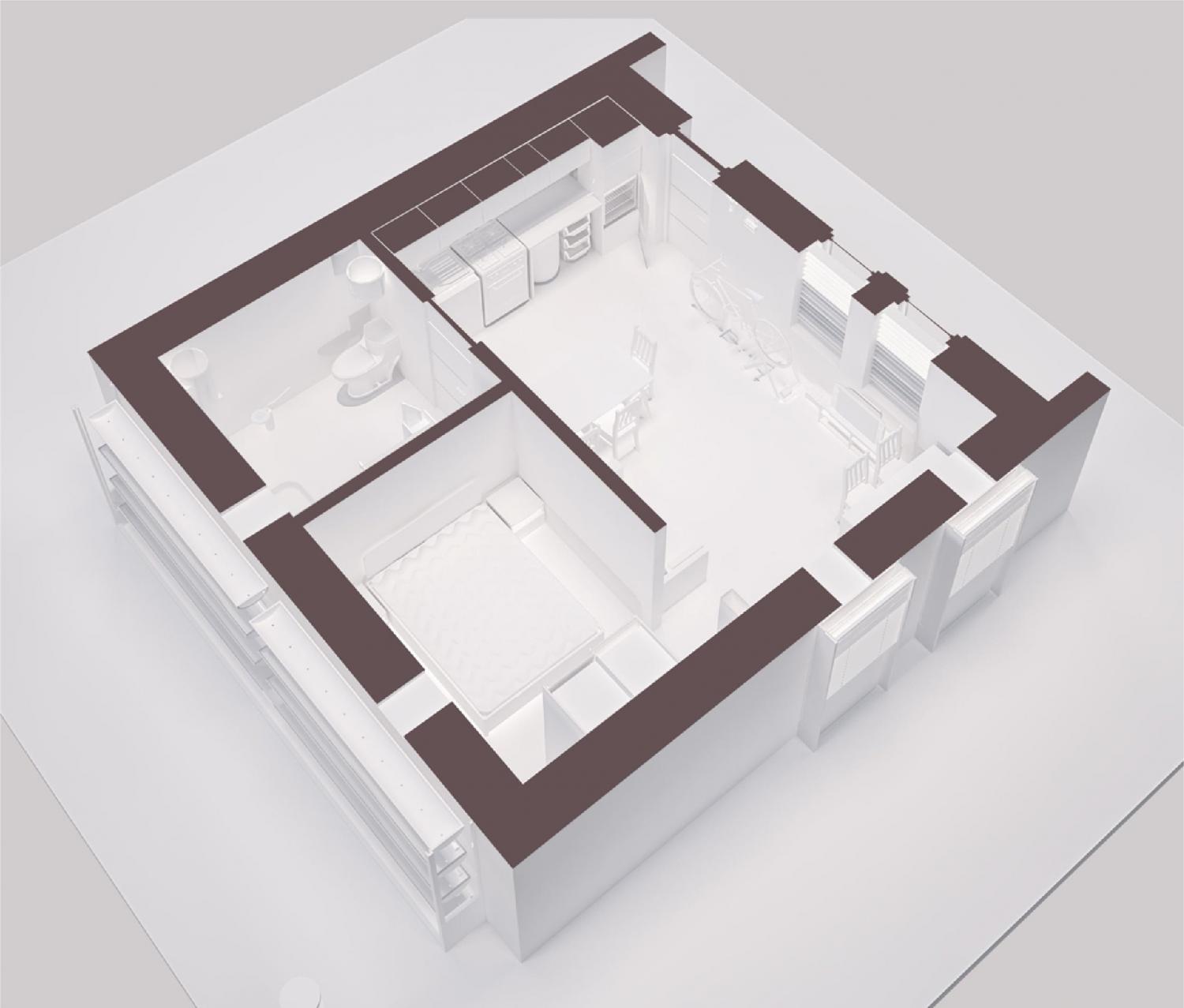
Forced migration is not a recent phenomenon, nor is the reality of the amount suffering of the displaced population fleeing from armed conflict. Finding housing for refugees has not only become an acute obligation for hosting countries but it is a situation predicted to continue, and possibly increase, in the future. This study is discussing and showing the results of the first phase of an ongoing project for designing and constructing an eco-cycle refugee shelter. The project discussed how an environmentally low impact shelter could be provided that pays respect to social norms, religious beliefs and cultural traditions of refugees. The study is applying a transdisciplinary participatory methodology using an occupant centred approach. It is looking at current post-conflict housing issues in hosting countries with a focus on Syrian refugees in Sweden, and it depicts a phase of the project where a foundation for subsequent phases – including constructing a physical house prototype through involving refugees in a construction training – was laid. The project aims at fulfilling refugees’ needs and involve them in the design and construction process as well as raising the awareness of a cost efficient and climate responsive way of building back better in the refugee's home country.
